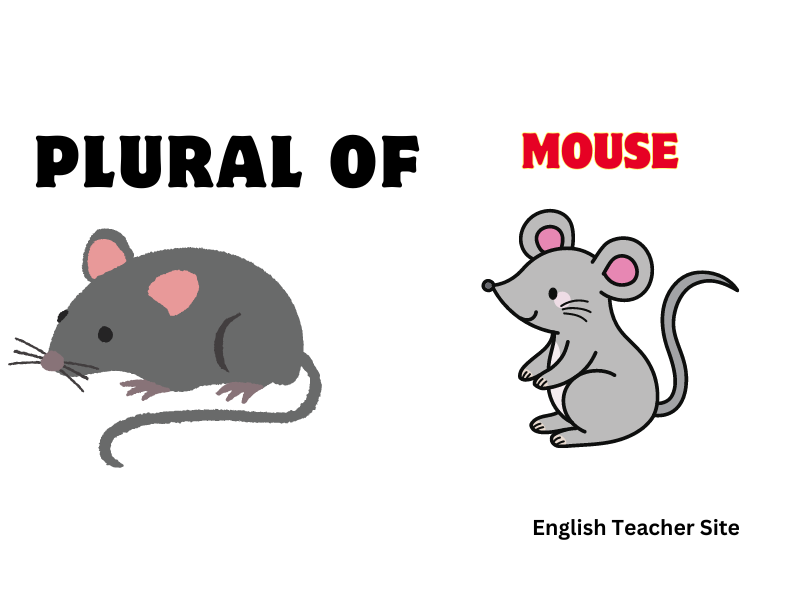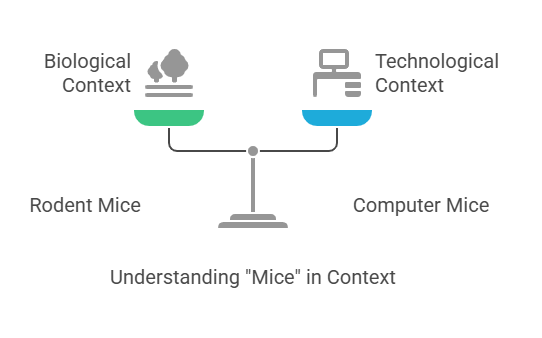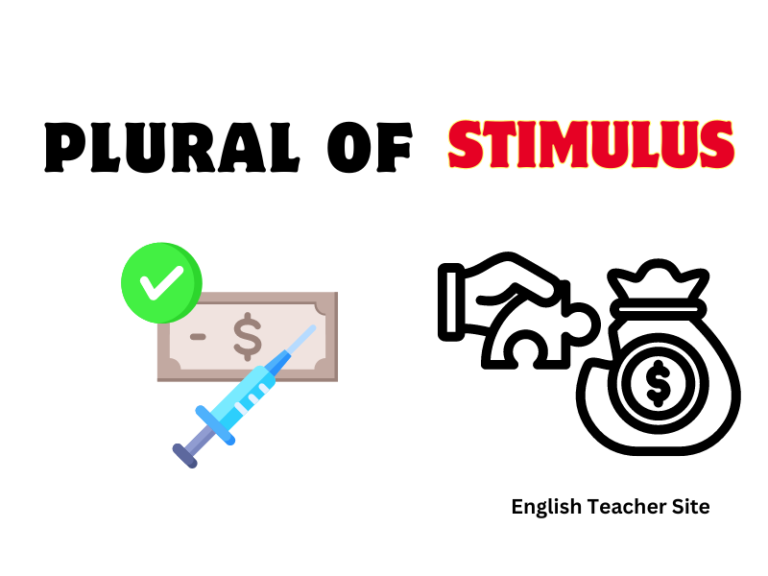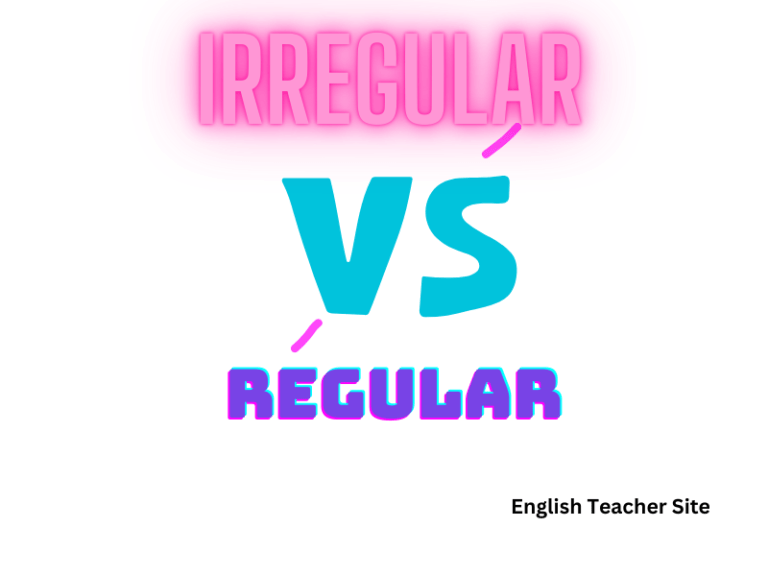Plural of Mouse Explained: Why It’s Not Mouses

Clearing Up the Plural of Mouse Confusion
The distinction between “mouse” and “mice” may seem trivial to some, but using the correct plural form can impact the clarity and credibility of your communication. English is riddled with exceptions, and knowing when to use “mice” instead of “mouses” helps you sound more polished and precise. A simple grammatical mistake, such as using “mouses,” can distract from your message and leave your audience questioning your expertise. Mastering this seemingly small detail in grammar is vital for presenting yourself confidently, both in professional settings and casual conversation.
Why Mouses Is Incorrect: The History of Mouse
How the Plural Form of Mouse Evolved Over Time
As English evolved, the plural form of “mouse” began to diverge from the typical pattern, similar to other words like “goose” becoming “geese.” In Old English, the plural form of “mouse” was “mice,” influenced by older linguistic structures. This form persisted as English morphed into its modern structure, and “mice” has remained the standard plural ever since. Unlike many other words that follow regular pluralization rules, “mouse” retained this irregular form, a remnant of its Old English origins.
Why the English Language Keeps the Irregular Form for Certain Words
The persistence of irregular plurals like “mice” rather than “mouses” is a testament to the rich, historical development of the English language. English has retained many of these irregularities due to its deep linguistic roots in other languages. These exceptions help preserve the cultural and historical connections to the past, making the language both challenging and fascinating. Understanding why certain words retain their irregular forms is key to mastering English grammar, as it showcases the flexibility and complexity of the language.
Correct Plural of Mouse: Mice
The Proper Plural of Mouse: Mice Explained
The plural form of “mouse” is “mice,” not “mouses.” This is one of the many irregular plural forms in the English language. The reason why “mice” is used instead of “mouses” stems from the word’s historical and linguistic roots, which we explored earlier. Using “mice” is grammatically correct and follows the same pattern seen in other irregular plural nouns like “goose” and “geese.” Understanding this rule will help you avoid common errors when using the word in both writing and speech.
How to Use Mice in Sentences
Using “mice” correctly in sentences is easy once you understand the rules. For example, instead of saying “I saw two mouses,” you should say “I saw two mice.” This simple rule applies to all contexts, whether you’re writing a research paper or chatting casually with friends. By using “mice” correctly, you’ll ensure that your language is precise and grammatically sound.

Misunderstanding the Rule: Why Mouses Is Not a Valid Option
The mistake of saying “mouses” arises from misunderstanding how irregular plurals function in English. Many people automatically apply the standard “s” or “es” rule without considering the irregular nature of the word “mouse.” It’s important to remember that the plural form is “mice,” not “mouses.” By internalizing this rule, you’ll avoid a common error that can disrupt the flow of your writing or speech.
How to Remember the Plural of Mouse
Memory Tricks to Help You Avoid the Mouses Mistake
A simple way to remember that the plural of “mouse” is “mice” is through word association. Think of the word “ice” as part of “mice,” since they share the same ending sound. Visualizing this connection can make it easier to recall the correct form. Additionally, repeating the word “mice” in different sentences will reinforce the correct usage.
Rhyming Techniques and Word Association Tips
Using rhyming techniques can also help. You can create a mental rhyme or song, like “mice, not mouses,” to make the form more memorable. This method will help you recall the correct plural form in both casual and formal situations.
Visualizing the Word Mouse and Mice for Easy Recall
Visual aids can also be effective. Imagine a single mouse next to a group of mice. The singular mouse is one, while the plural mice are many. Associating the visual image with the word “mice” can make the plural form easier to remember and use correctly.
Plural of Mouse in Different Contexts
Variations in Plural Forms Across Different English Dialects
While “mice” is universally accepted in standard English, regional dialects may occasionally use nonstandard forms like “mouses.” In these cases, it’s important to adapt to the conventions of the language you’re using, whether it’s for a formal report, casual conversation, or even when addressing a specific audience.
How Scientific and Technical Terminology Might Influence Usage
In technical fields, such as biology or computer science, the plural of “mouse” may occasionally be used differently to describe multiple devices or species. However, in general English usage, “mice” remains the correct form. Understanding the specific context in which you’re using the word will help guide your language choices.
Conclusion: Mastering the Plural of Mouse and Improving Your Grammar
Mastering the plural of “mouse” is essential for clear communication in both casual and professional settings. By understanding the historical context and learning to identify irregular plurals, you can improve your grammar and avoid common mistakes. Remember, the plural is “mice,” not “mouses,” and consistent practice will help solidify this knowledge in your vocabulary.
Sources
My name is Khamis Maiouf. I am the creator of the English Teacher Site, dedicated to providing valuable resources and insights for students around the world. With a passion for education and a commitment to helping students enhance their skills, I aim to make English teaching more effective and enjoyable for both educators and students.






